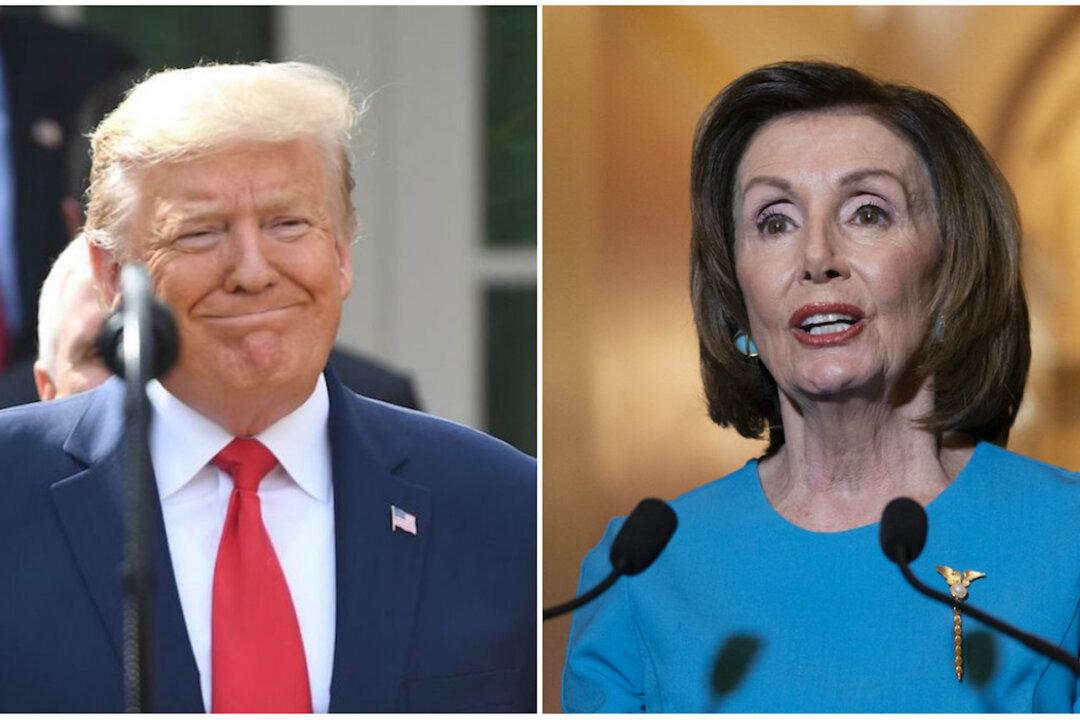President Donald Trump on Sept. 16 called on congressional Republicans to come to an agreement on a larger economic relief bill that includes direct payments to Americans, differing from what the GOP attempted to push through the Senate last week.
Trump alleged Democrats are “heartless” and “don’t want to give STIMULUS PAYMENTS to people who desperately need the money, and whose fault it was NOT that the plague came in from China.”





